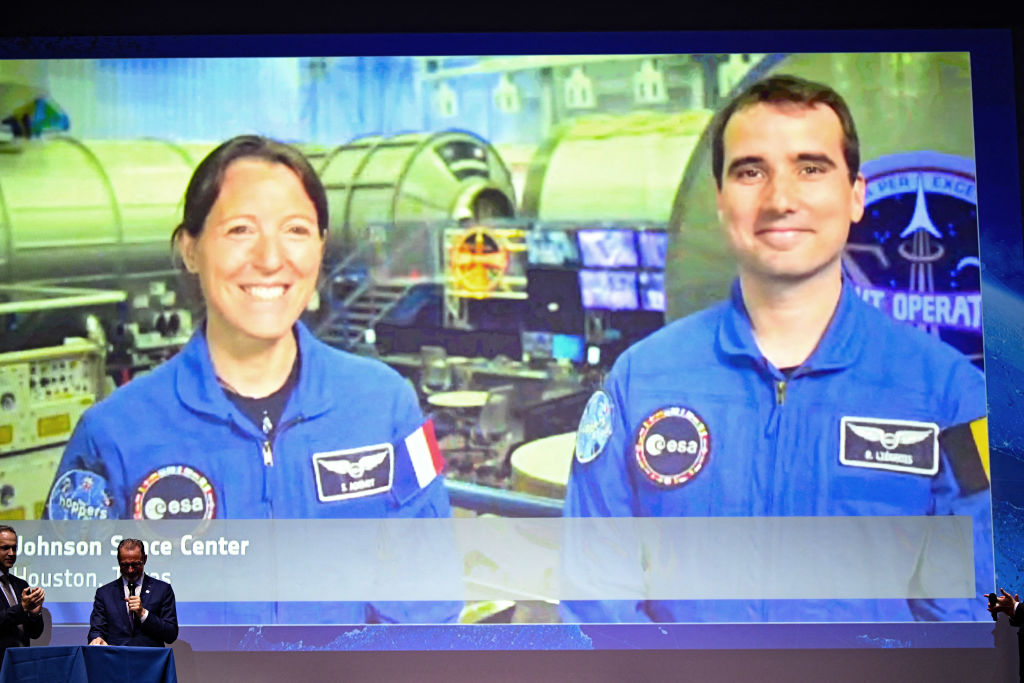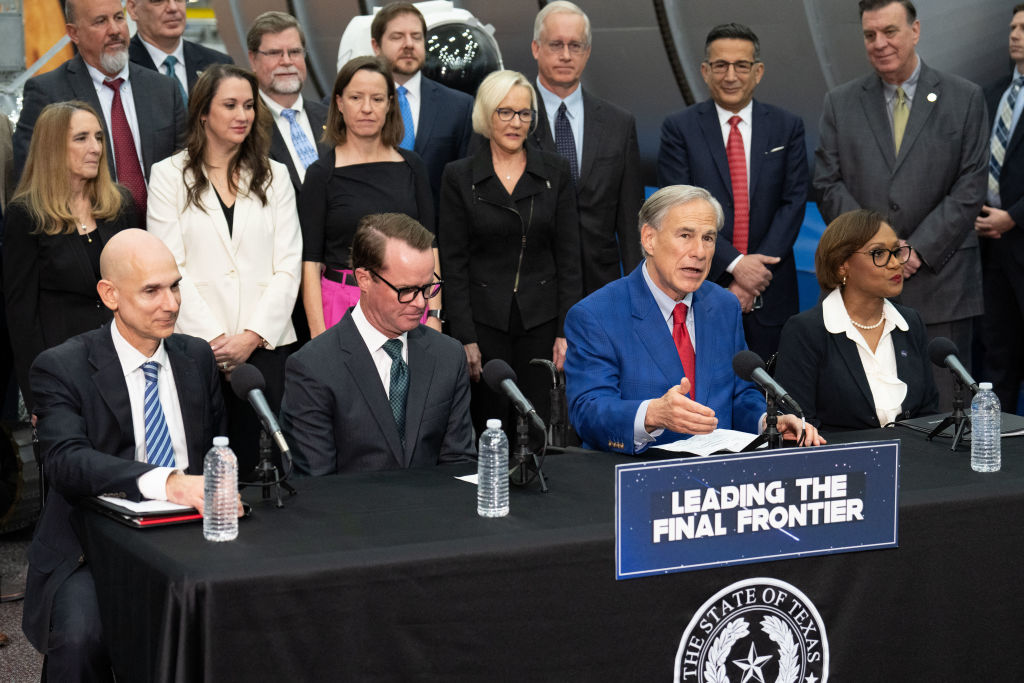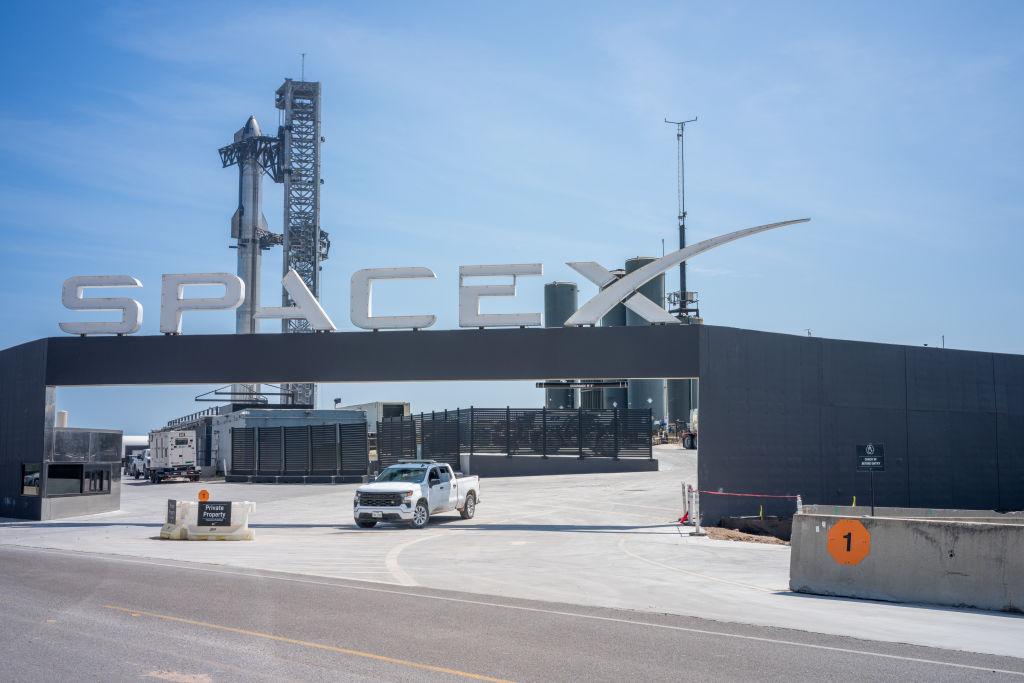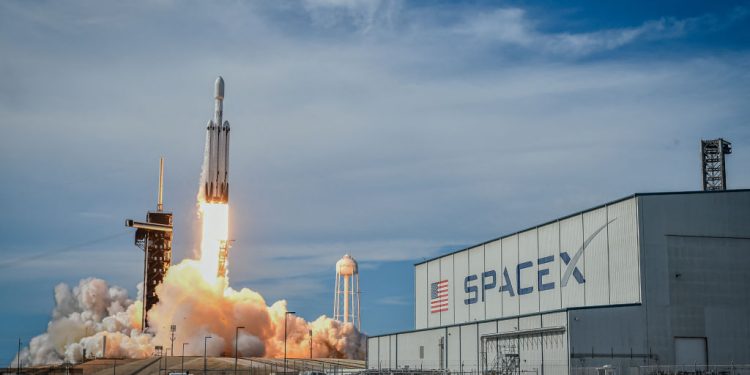NASA recently awarded SpaceX an $843 million contract to construct a vessel that will bring home the International Space Station once its operating lifespan expires. ISS was launched in 1998, and serves as a scientific research base for astronauts from various space agencies around the world.
SpaceX is a privately held company controlled by Elon Musk, who recently moved his aerospace technologies company to Texas. The new contract puts the company in charge of building a vehicle powerful enough to bring down the space station – a mission that NASA will still oversee.
The International Space Station’s expiration date is nearing. NASA had planned to bring the station out of orbit by 2030. ISS is operated by space agencies worldwide including Japan, Europe, Canada, Russia, and the U.S. The countries involved have committed to operate the station until 2030 except Russia, which will end its participation in 2028.
Since 2000, crews of astronauts have occupied the space station.

“The orbital laboratory remains a blueprint for science, exploration, and partnerships in space for the benefit of all,” said Ken Bowersox, NASA’s associate administrator for space operations mission directorate in a press release.
Texas Takes Front Stage in Space Exploration
NASA’s Johnson Space Center in Houston provides an important aspect of Texas’ identity, with the government’s aerospace agency encouraging private companies to take the lead in space exploration initiatives. SpaceX, a company helmed by Elon Musk, has received upwards of $2 billion from the government to test new technologies.

Over the past few years, SpaceX has proven its prowess in the field of space innovation by leading, inventing, and breaking new ground at an incredible pace. It’s the first private company to be successful with reusable two-stage rockets and had over 520 launches in 1Q24, said Vijay Marolia, Managing Partner and Chief Investment Officer of Regal Point Capital.
“We will continue to see double-digit growth across the board in the space economy. Let’s not forget, the “economy” includes things like real estate close to hubs,” continued Marolia.
Though some experts have levied criticism against privatized space exploration, others feel it promotes and encourages greater action by government space agencies and benefits space exploration as a whole.
“NASA’s commercial partnerships with SpaceX and others have reduced launch costs by orders of magnitude. New materials and reusable rockets have accelerated the trajectory for space travel from decades to years,” said Aaron Rafferty, Founder of Standard DEO. “Axiom space and astroscale are focusing on space construction and satellite/debris removal, respectively. Within the next 5 years, I would expect a successful Mars landing and return mission as well as more commercialization of lower Earth orbit and more startups in space.”

Near Space Travel and Debris Removal
As near-space travel expands, organizations such as NASA and private sector companies must decide how to handle 80 years’ worth of abandoned satellites and discarded booster rockets. Over the past two decades, the US Air Force has relocated ISS to avoid its collision with space junk clutter and errant debris.
While NASA has scaled back operations, Texas and Florida will continue to play center stage in the space sector.
“I expect Texas and Florida to outpace California over the next decade in pretty much every measurable statistic. We’re only at the tip of the iceberg with space exploration. When you think about the confluence of emerging AI, continued growth in satellite communications, plus the rapid rise in global space exploration expenditure, you have a mouthwatering opportunity for those with patient capital,” said Marolia.
According to Euroconsult, in 2023 government space budgets reached a record-breaking $117 billion, marking a growth of over 15% compared to the previous year. Defense expenditures have now surpassed investments in civil programs, a historic first for the sector, with an estimated value of almost $59 billion,






